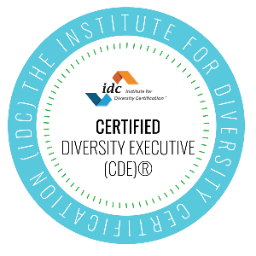Beyond the Surface: Unpacking Competency Checking and the Fight for Equity: An Intentional Conversation with Shari Dunn
In a compelling conversation between Dr. Nika White and Shari Dunn, CEO of ITBOMB and author of Qualified: How Competency Checking and Race Collide at Work, a crucial dialogue unfolded, shedding light on the systemic barriers hindering equity and inclusion in the workplace. Dunn's multifaceted career, spanning law, journalism, executive leadership, and academia, provides a rich lens through which she examines these complex issues.
Dr. White initiated the conversation by inquiring how Dunn's diverse professional background shapes her approach to equity and inclusion. Dunn eloquently responded, drawing on a Maya Angelou quote about the value of the journey. She highlighted how her experiences as an attorney, journalist, and educator bring depth and a multidimensional perspective to her consulting work, emphasizing the importance of understanding boundaries and adult learning principles in fostering meaningful change.
The discussion then pivoted to Dunn's book, Qualified, and the intriguing intersection of competency checking and race at work. Dr. White, as a woman of color, immediately recognized the significance of this connection. Dunn explained that her motivation for writing the book stemmed from hearing consistent narratives from Black women and other women of color across various industries about the barriers they faced. These experiences, she noted, indicated a systemic issue rather than isolated incidents.
Dunn powerfully stated, "The very first line of the book is that Black women are the canary in the workplace coal mine. And they have been signalling for years that something is devastatingly worse." She argued that the inhospitable conditions faced by Black women ultimately create inhospitable environments for other minoritized groups as well. Her hope for readers is to gain a deep and concrete understanding of the what, the why, the how, and crucially, what to do about these issues.
Dr. White then prompted Dunn to define "competency checking." Dunn explained that it manifests primarily in three ways: the assumption of Black intellectual inferiority (rooted in historical context), the fear of Black leadership and authority (an "autoimmune level rejection"), and the constant quizzing and need for confirmation of knowledge. In essence, competency checking requires Black individuals, other people of color, and women to prove their knowledge at a higher and harder standard to secure, maintain, and advance in their careers.
Challenging the common misconception that the lack of Black representation in certain jobs is due to a lack of qualification or pipeline issues, Dunn presented a crucial counterpoint. She cited data indicating that Black individuals tend to have more education yet are often underemployed, meaning they are in jobs that do not align with their qualifications. This disparity highlights how competency checking acts as a barrier, preventing qualified individuals from progressing. Dunn emphasized that understanding the mechanisms of competency checking is vital for developing practical solutions, like dissecting loan discrimination or redlining to address housing inequality.
The conversation also delved into the phenomenon of imposter syndrome. Dunn offered a compelling reinterpretation, arguing that it is often a misidentification of the impact of systemic inequity. Drawing on the original research on impostor syndrome, which focused on upper-middle-class white women during a period of significant societal change, Dunn suggested that the feelings of insecurity are often a direct result of being in spaces where one is underrepresented and facing systemic biases like competency checking. She powerfully stated, "You have to figure out if the call is coming from inside the house or outside the house? And in the case of competency checking, it's coming from outside the house." By reframing these feelings as a response to external systemic issues rather than internal deficiencies, Dunn advocates for systemic change rather than solely focusing on individual self-talk.
The discussion then shifted to the broader societal backlash against diversity, equity, and inclusion initiatives, using the situation at Harvard University as a case study. Dunn critiqued the institution's initial response to attacks, suggesting that any concession, even the subtle renaming of a DEI center, emboldens those who oppose a just and equitable society. She argued for a firm stance against attempts to outlaw the language of diversity and equity, emphasizing that these efforts ultimately aim to dismantle any initiative supporting marginalized groups. While acknowledging Harvard's eventual pushback against executive overreach, Dunn underscored the complexity of the situation and the need for unwavering commitment to these principles.
Reflecting on how to equip young people to navigate competency checking, Dunn stressed the importance of historical grounding. Understanding that these biases are rooted in historical narratives, she believes, can help young people avoid internalizing these challenges as personal failings. She encouraged them to prepare themselves, build alliances across differences, and constructively call out instances of bias they witness.
In closing, the conversation touched upon the critical role of messaging and storytelling in advancing equity. Dunn emphasized the need for clarity and descriptive language that illuminates the complexities of intersectionality without relying solely on jargon. Drawing inspiration from James Baldwin's powerful and concise articulation of the Black American experience, Dunn underscored the importance of communication that resonates deeply and leaves no room for denial.
This insightful dialogue between Dr. Nika White and Shari Dunn offers a vital framework for understanding the insidious nature of competency checking and its profound impact on individuals and organizations. By naming this phenomenon and dissecting its mechanisms, Dunn provides a crucial step towards dismantling systemic barriers and fostering truly equitable and inclusive workplaces.
Intentional Conversations is a weekly podcast by Nika White Consulting that intersects diversity, equity, and inclusion dialogue with leadership and business. Click here to register to attend the live sessions each Friday from 11 a.m. to 12 noon EST. You may also search archives to view replays of past episodes, or you can listen to the Intentional Conversations Podcast on your favorite platform.















